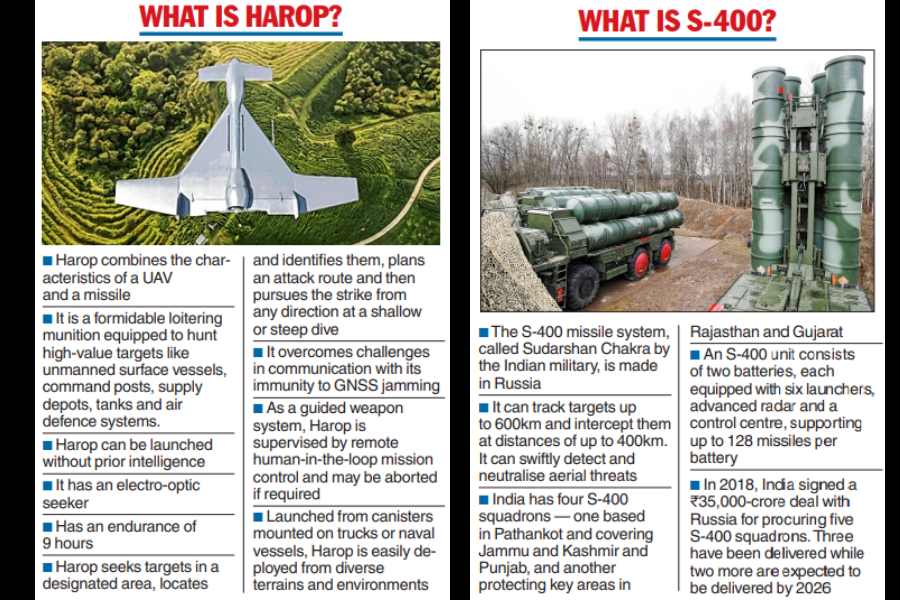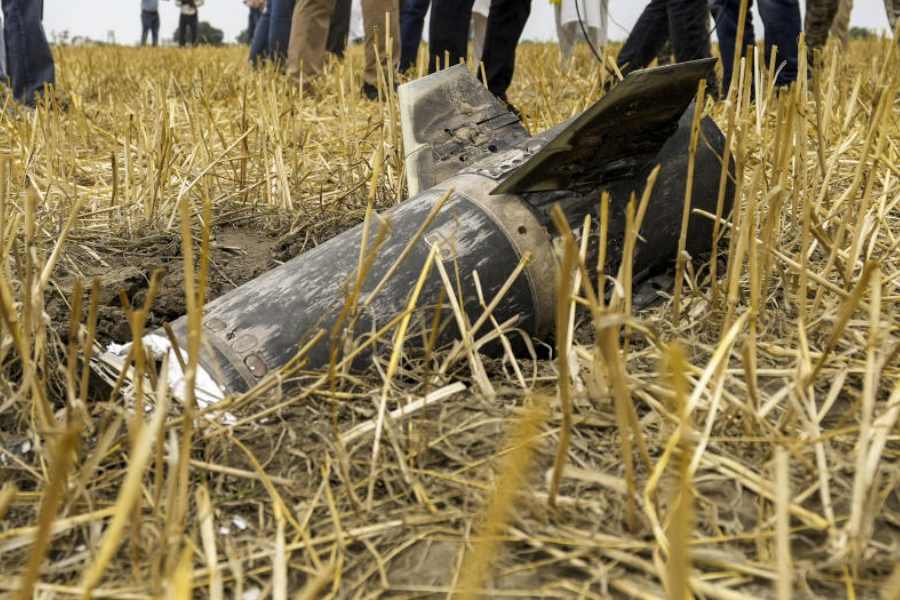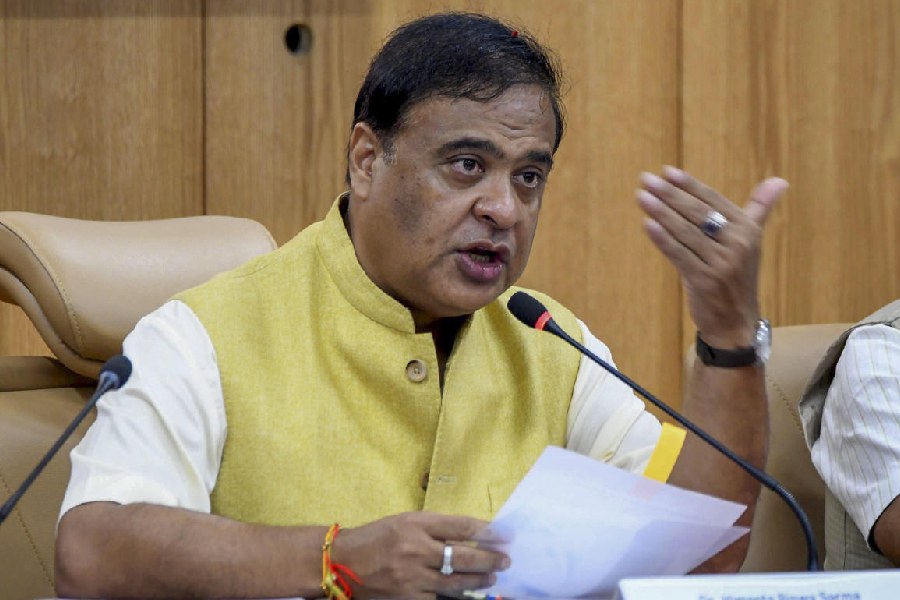India on Thursday hit Pakistani air defence radars and systems at several locations including Lahore, hours after thwarting Pakistan’s attempted strikes on 15 Indian military installations, the government said.
It said the air defence system in Lahore was “reliably learnt to have been neutralised”.
Pakistan had the previous night tried to hit military installations in northern and western India, including the Pathankot and Srinagar airbases, with missiles and drones, the Indianstatement said.
However, the statement added, India’s air defence systems detected all the Pakistani drones and missiles midair and shot them down.
“These were neutralised by the Integrated Counter UAS Grid and Air Defence systems. The debris of these attacks is now being recovered from a number of locations that prove the Pakistani attacks,” the statement said.
Sources said India had used the latest Israeli Harop drones to attack the targets in Pakistan, while India’s Russian S-400 defence system foiled Pakistan’s attack.

Military veterans and analysts described Pakistan’s attempt to hit Indian military targets — after India’s predawn strikes on Wednesday on nine terrorist installations in Pakistan and PoK as retribution for the Pahalgam massacre — as adirect escalation.
“The attack and counterattack suggest that both sides are looking to claim victory. This could easily spiral out of control and lead to a full-blown conflict unless efforts are made to de-escalate tensions,” a veteran said.
India had said that Wednesday’s strike was “focused, measured and non-escalatory” and had not targeted Pakistani military establishments.
On Thursday, defence minister Rajnath Singh warned that Islamabad would have to face the consequences of any further escalation and reaffirmed that Operation Sindoor was an “ongoing operation”.
“Today morning Indian armed forces targeted Air Defence Radars and systems at a number of locations in Pakistan,” a government statement said.
“Indian response has been in the same domain with the same intensity as Pakistan. It has been reliably learnt that an Air Defence system at Lahore has been neutralised.”
It added: “It was also reiterated that any attack on military targets in India will invite a suitable response,” the Indian statement said.
India said Pakistan had on May 7-8 night targeted military facilities in Awantipora, Srinagar, Jammu (all Jammu and Kashmir); Pathankot, Amritsar, Kapurthala, Jalandhar, Ludhiana, Adampur, Bhatinda (all Punjab); Chandigarh; Nal, Phalodi, Uttarlai (all Rajasthan) and Bhuj (Gujarat) with drones and missiles.
Sources said Pakistan’s primary targets were air force stations and radar stations at these 15 locations.
The Integrated Air Command and Control System of the air force, which functions through an integrated chain of radars, picked up the movement of the Pakistani drones and missiles midair and relayed the information to various air defence units. They were all shot down.
‘Suicide drones’
The Harop drones loiter in the air close to the designated target and crash into it, when directed, with their explosive payload. They are also called “suicide drones” and “kamikaze drones”.
These “loitering munitions” usually carry a nose-mounted camera that allows the operator to scan the area of operation and choose the target. Unlike the traditional, precision-guided weapons, these drones donot require the exact location of the target to be fed inbefore launch.
Loitering munitions can also be used for the surveillance of targets.
LoC firing
Pakistan has increased the intensity of its unprovoked firing across the Line of Control using mortars and heavy-calibre artillery, hitting areas in the Kupwara, Baramulla, Uri, Poonch, Mendhar and Rajouri sectors in Jammu and Kashmir, the Indian statement said.
“Sixteen innocent lives have been lost, including three women and five children, due to Pakistani firing. Here too, India was compelled to respond to bring mortar and artillery fire from Pakistan to a halt,” it said.
“Indian armed forces reiterate their commitment to non-escalation, provided it is respected by the Pakistani military.”
The army chief, General Upendra Dwivedi, and national security adviser Ajit Doval met Prime Minister Narendra Modi separately on Thursday to brief him about Pakistan’s attempted missile and drone attacks on Indian military targets.
Modi had earlier in the day chaired a meeting with secretaries of government departments and ministries, urging coordination to “uphold operational continuity and institutional resilience” and ensure the security of critical infrastructure, sources said.
Pakistan had on Wednesday termed India’s military strikes an “act of war” and claimed to have shot down five Indian military aircraft. The Indian government has so far not issued any clarification on the matter, citing national security and stressing that the military operation is “ongoing”.
Rawalpindi stadium
The Pakistan Cricket Board has rescheduled Thursday’s Pakistan Super League match between Karachi Kings and Peshawar Zalmi, which was to be held in Rawalpindi, after the Indian military strikes, a PTI report said. Parts of the stadium in Rawalpindi are believed to have taken a hit from an Indian drone.
“The Pakistan Cricket Board, in consultation with all the stakeholders, has decided to reschedule tonight’s HBL PSL X match,” the cricket board said in a media statement.










